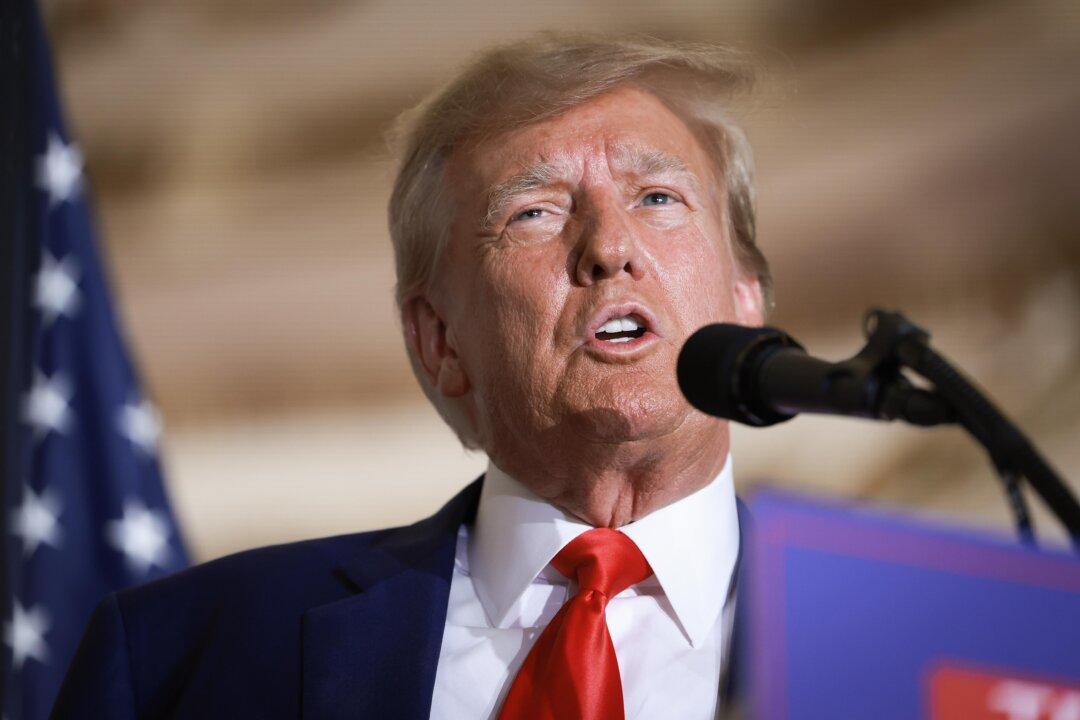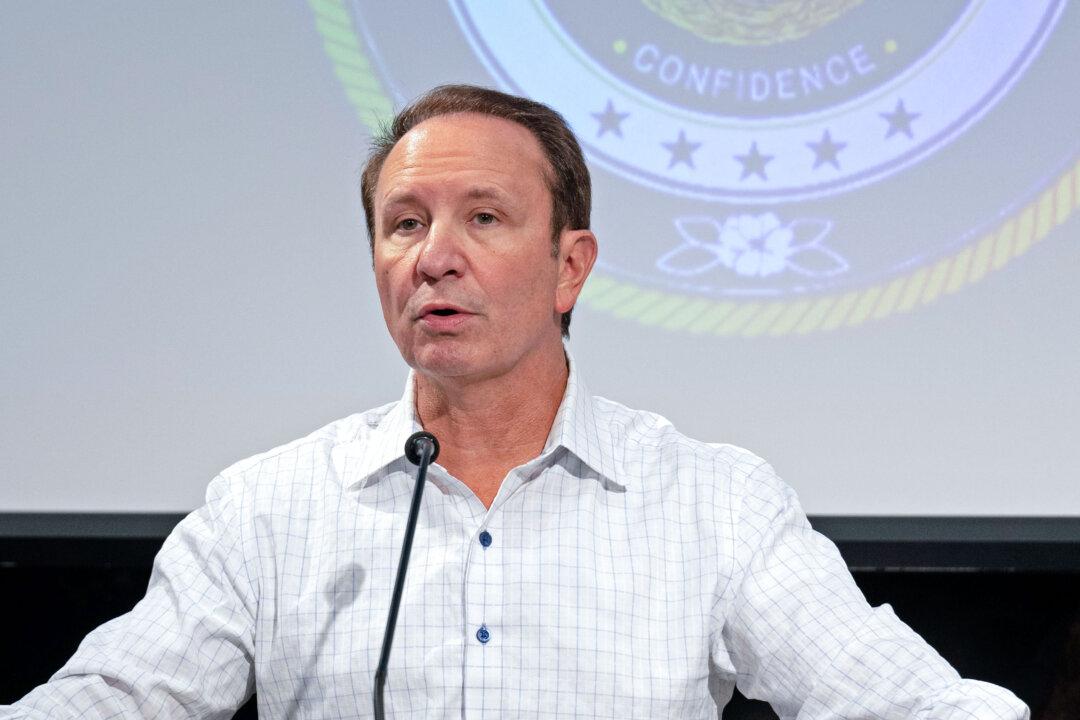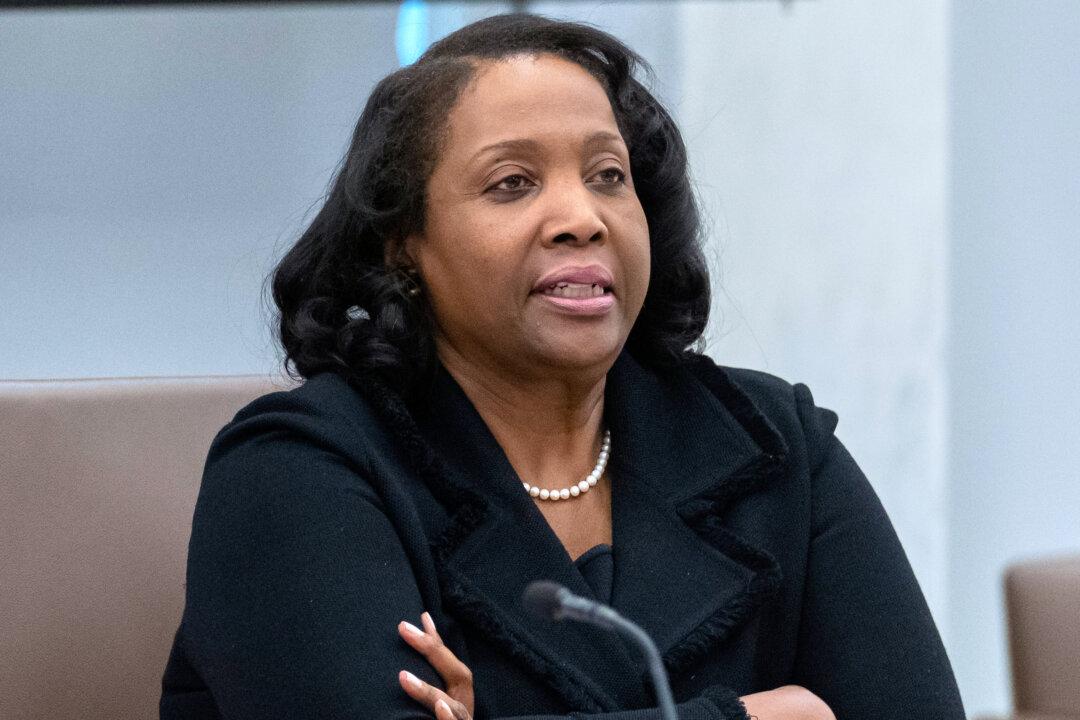A Manhattan federal judge on Thursday allowed attorneys of former President Donald Trump to depose, for questions related to witness credibility, E. Jean Carroll, a writer who accused Trump of sexual assault and defamation.
Trump Lawyers Granted Deposition of Rape Accuser Amid Claims of Ties to Democrat Funding, Questionable Credibility

Former U.S. President Donald Trump speaks during an event at the Mar-a-Lago Club in West Palm Beach, Fla., April 4, 2023. Joe Raedle/Getty Images




